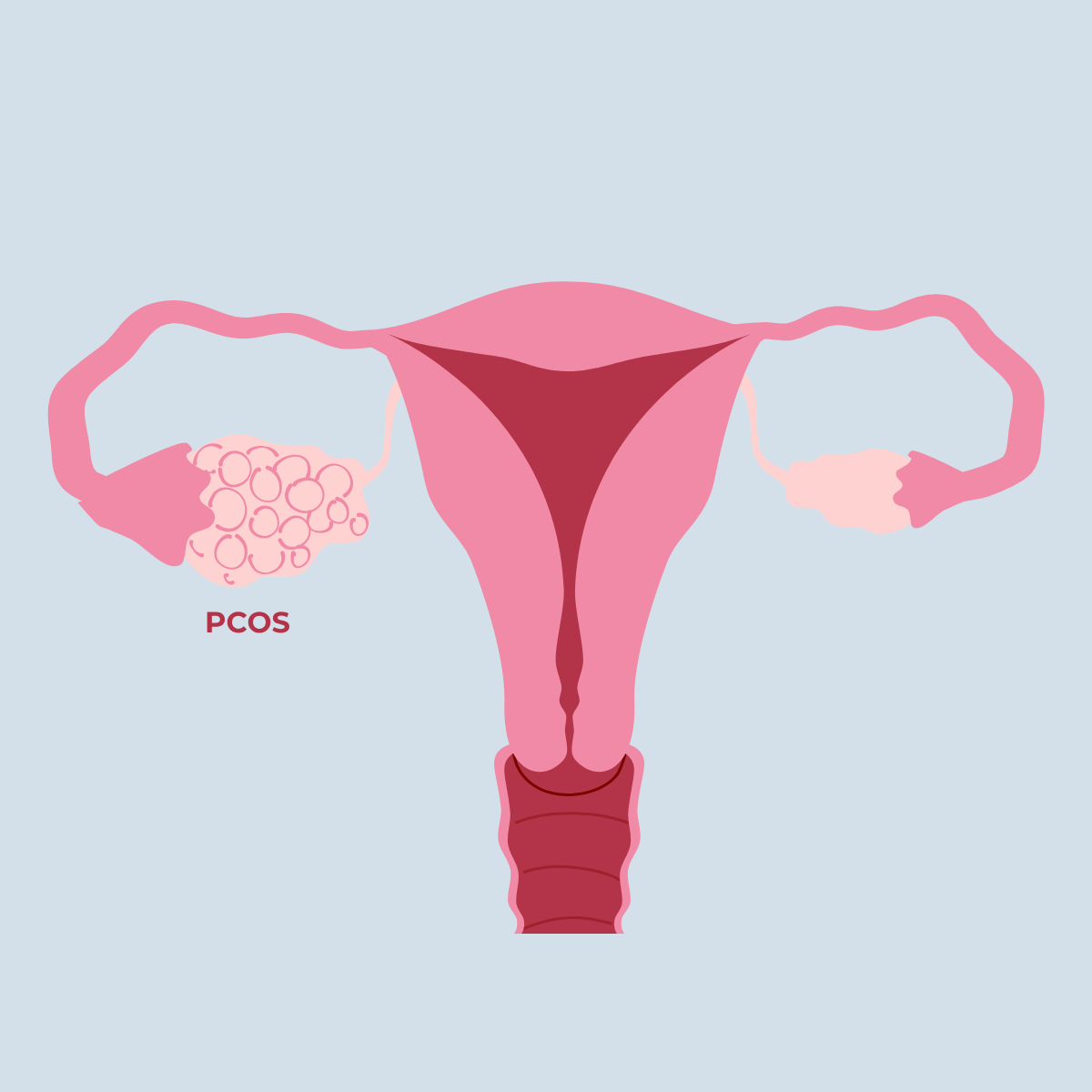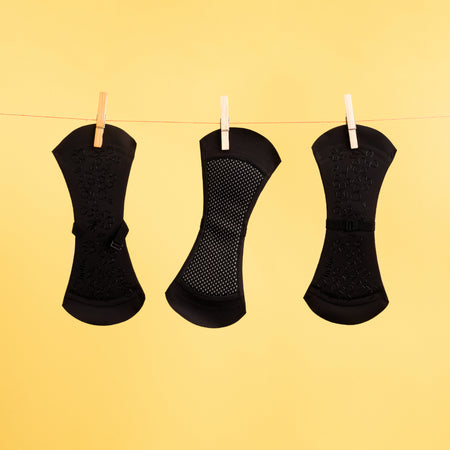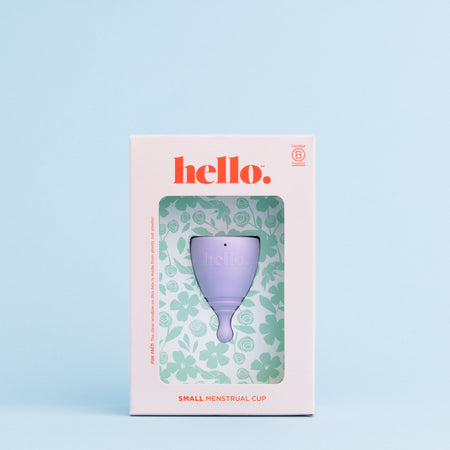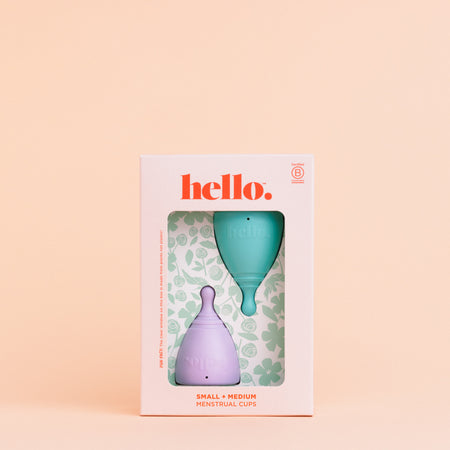Irregular Periods? It Could Be Your Thyroid.
If you came to me for help with irregular periods, I would think very carefully about your thyroid.
It wouldn’t matter if you already had another diagnosis such as PCOS or hypothalamic amenorrhea. It wouldn’t matter if your doctor had vaguely said at some point that your blood test was normal. I would still think about thyroid. Why? Because underactive thyroid (hypothyroidism) is a common reason for irregular periods.
3 ways underactive thyroid causes irregular periods:
- It elevates prolactin, which suppresses ovulation.
- It impairs insulin sensitivity, which increases your risk of PCOS. (See 4 types of PCOS.)
- Most importantly, it robs your ovaries of the cellular energy they need to ovulate.
Tip: Cellular energy (ATP) is the energy your cells use to do everything. It’s made by tiny organelles in your cells called mitochondria and requires a healthy amount of thyroid hormone.
Cellular energy, mitochondria, and thyroid hormone are critically important for ovaries. Why? Because ovaries to have to bring a healthy follicle (egg) all the 100 days to ovulation, and then still have enough energy to grow a 4 cm corpus luteum in one day, and make progesterone.
All of that requires energy. Lots and lots of energy. All of that requires thyroid hormone.
Your doctor may have missed a thyroid problem.
Your doctor may not have tested for thyroid at all. Or maybe she did test, but only with a blood test called TSH or thyroid-stimulating hormone, which not a great test.
Under current guidelines, your doctor cannot diagnose underactive thyroid until your TSH is greater than 4.5 or 5 mIU/L. Yet according to a 2002 statement by the American Association of Clinical Endocrinologists, your doctor could consider diagnosing underactive thyroid when your TSH is only 3 mIU/L. Subsequent studies have found that keeping TSH below 2.5 is associated with better outcomes for fertility and pregnancy, and better outcomes for periods.
Ask your doctor to take a second look at your thyroid. For example, ask her to consider that you have thyroid symptoms such as fatigue, dry skin, depression, hair loss, and elevated cholesterol. Ask her to consider that you have a direct family member (mother or sister) with thyroid disease and that you may, therefore, require further investigation. Finally, ask her to test you for thyroid antibodies (also called anti-TPO antibodies), which are an important marker of thyroid disease (even when TSH is normal).
Natural treatment for thyroid.
If you do have an underactive thyroid, then that is what you need to treat to get your periods back. You can take standard T4 medication (thyroxine), or a combination T4 plus T3 prescription such as desiccated thyroid.
Beyond just taking thyroid hormone, you can support your thyroid with natural treatment. That usually means correcting the autoimmunity that underlies most cases of underactive thyroid.
- Eliminate wheat gluten to reduce thyroid autoimmunity.
- Supplement selenium to reduce autoimmunity. A safe dose is 100-150 mcg per day.
- Maintain healthy intestinal bacteria to reduce autoimmunity.
- Supplement magnesium to aid with the production of thyroid hormone
- Take the herbal medicine ashwagandha (Withania) to aid with the production of thyroid hormone.
For more from Lara, head to www.larabriden.com or follow her on Instagram, or get hold of a copy of her amazing book, The Period Repair Manual.
Explore our collection of books and discover insightful reads on topics related to periods and women's health.
















